Serious concerns about Luka Doncic’s fitness and commitment, with a $US345 million supermax extension looming, were at the heart of the Dallas Mavericks’ stunning decision to trade the NBA megastar.
Average of 9 LIVE Regular Season games per week plus the best of the NBA Playoffs, including every game of the NBA Conference Finals & NBA Finals LIVE on ESPN, available via Kayo. New to Kayo? Get your first month for just $1. Limited time offer.
Meanwhile, Anthony Davis put himself in the firing line by publicly complaining that the Los Angeles Lakers needed to trade for a centre.
That’s according to US basketball writers, who are gradually dissecting what’s been described as the most stunning trade in NBA history — with Doncic sent to LA to partner LeBron James, and Davis dispatched to Dallas to join Kyrie Irving.
ESPN reporter Tim McMahon said that Doncic’s conditioning was a primary concern for Dallas.
“The Mavs had major concerns about moving forward with Luka Doncic due to his constant conditioning issues and the looming commitment of another supermax contract extension this summer, sources told ESPN,” McMahon posted on X.
An ESPN report read: “The Mavericks were motivated to move Doncic because of his constant conditioning concerns, sources told MacMahon. There had been significant frustration within the organisation about Doncic’s lack of discipline regarding his diet and conditioning, which team sources considered a major factor in his injury issues. Though Doncic was relatively lean by his standards when he reported to camp, his weight ballooned to the high 260s (118kg+) early this season, sources said.”
Fellow ESPN reporter Tim Bontemps got this follow-up quote from an Eastern Conference team executive: “You better be sure his body is going to fall apart. That’s all I’m going to say.” A Western Conference executive remarked that Dallas might have gotten more from the trade: “Nico (Harrison, Mavericks GM) must really love Anthony Davis.”
Basketball insider Marc Stein elaborated on the fitness factor, and the alarm bells that were ringing with Doncic’s gigantic extension facing the Mavericks.
“Sources familiar with the Mavericks’ thinking said in the aftermath of the late Saturday/early Sunday trade thunderbolt that trepidation about signing Dončić to that sort of contract had actually begun building quietly in recent months due to rising concerns about Dončić‘s conditioning, his ability to stay healthy and his off-court commitment to those pursuits,” Stein wrote on his Substack.
“Rather than sign Dončić to that monster extension and then pursue down-the-road trades if necessary, Dallas dissolved the marriage faster than anyone ever envisioned.
“The calf strain Dončić sustained on Christmas Day ranks as the most serious injury of his NBA career and has sidelined him for the past 19 games. Sources tell The Stein Line that Dončić had been targeting a Feb. 8 return to the Mavericks’ lineup, but the severity of this setback — on top of longstanding concerns about how Dončić manages his weight and diet — appears to have set off alarm bells organizationally.”
ESPN’s Brian Windhorst said that the Mavericks deeming Doncic a bad investment was “shocking”: “If I am Luka, this is the ultimate rebuke, it is the ultimate basically insult.”
READ MORE
Most ‘shocking’ part in NBA bombshell and why LeBron question means chaos isn’t over
‘Done in the shadows’: Biggest NBA trade ever sees Luka, LeBron team up… and they ‘had no idea’
‘Going to be sick’: One question everyone is asking as ‘holy s***’ trade leaves NBA world stunned
Writing for The Athletic, Sam Amick said that Davis had put a target on his head last month by publicly urging the Lakers to acquire a centre.
“Team sources say the public complaints caused serious frustration all the way to the top of the Lakers franchise. What’s more, there was little confidence that the sort of moves James and Davis wanted were possible on the open market,” Amick wrote.
Amick said that the Lakers were also unconvinced that Davis was a genuine franchise player who could carry the team once James, now 40, ended his iconic career.
“While Davis had no shortage of fans within the Lakers’ walls, there was also a strong sense that he wasn’t “1-A” material. League sources say there were concerns about his durability and availability and a belief that he could never truly be counted on as a top option in the future. And while his approval rating was high, it had not been forgotten how — in those days before the decision was made to fire then-coach Darvin Ham in early May 2024 — the known threat of a possible Davis trade request loomed so large when it came to their internal calculus. The pressure on that front had been rising for quite some time.”
Amick noted that James has also publicly agitated about the Lakers making trade moves and had driven the ill-fated move for Russell Westbrook. With uncertainty over James’ future, the made a bold move in which he played no part.
“When the Mavericks came calling, it was a solution to the Lakers’ problem that had been percolating for quite some time. For all of his faults, the 25-year-old Dončić is the type of player who could put the Lakers back on the proverbial map for the next decade. And the irony here, league sources say, is that both of the involved teams had similar concerns about the stars they traded.”
Stein wrote that is was too early to say how the trade might impact James’ future.
“Will James, who is expected to play at least one more full NBA season and maybe longer, still want to retire as a Laker now as has long been assumed?
“We don’t know yet.
“All that said …
“The Lakers can’t think twice about how James might react. Getting Dončić in this manner gives them a window to build a new, sustainable contender that seemed unimaginable a week ago.”
Booker reacts to Davis Doncic trade | 03:37
So who won the trade? ESPN’s Kevin Pelton gave the Lakers an A and the Mavericks an F.
“Given that Doncic will turn 26 later this month and has a full season on his contract before a 2026-27 player option, there’s a reasonable argument that he is the most valuable player at the time of being traded in modern NBA history. For the Lakers to land Doncic without even exhausting their supply of draft picks is an incredible coup that sets up the next generation of success for one of the league’s most storied franchises,” Pelton wrote, then questioning Davis’ fit for Dallas and slamming the cheap loss of Doncic.
“Let’s stipulate the Mavericks were right to be concerned about Doncic’s conditioning, as ESPN’s Tim MacMahon reported, or even that his impressive stats overstated his impact. (That case is getting harder to make with each loss, particularly in the wake of last year’s Finals run.)
“If all that is true, Dallas still should have gotten more in return for Doncic. I suppose I can understand wanting to avoid the distraction of open bidding for Doncic — and the Mavericks did manage to keep their negotiations historically quiet — but the only way that works is to use the threat of hanging up the phone to get the best package possible.
“It’s inconceivable Dallas didn’t end up with everything of value the Lakers had to offer in this trade, including the 2031 first-rounder, Knecht and pick swaps. Given Doncic’s desirability, the Mavericks should have operated with maximum leverage instead of making a deal short of perfect. Even if things work out perfectly, in an analogy befitting the team’s ownership, Dallas left money on the table.”

























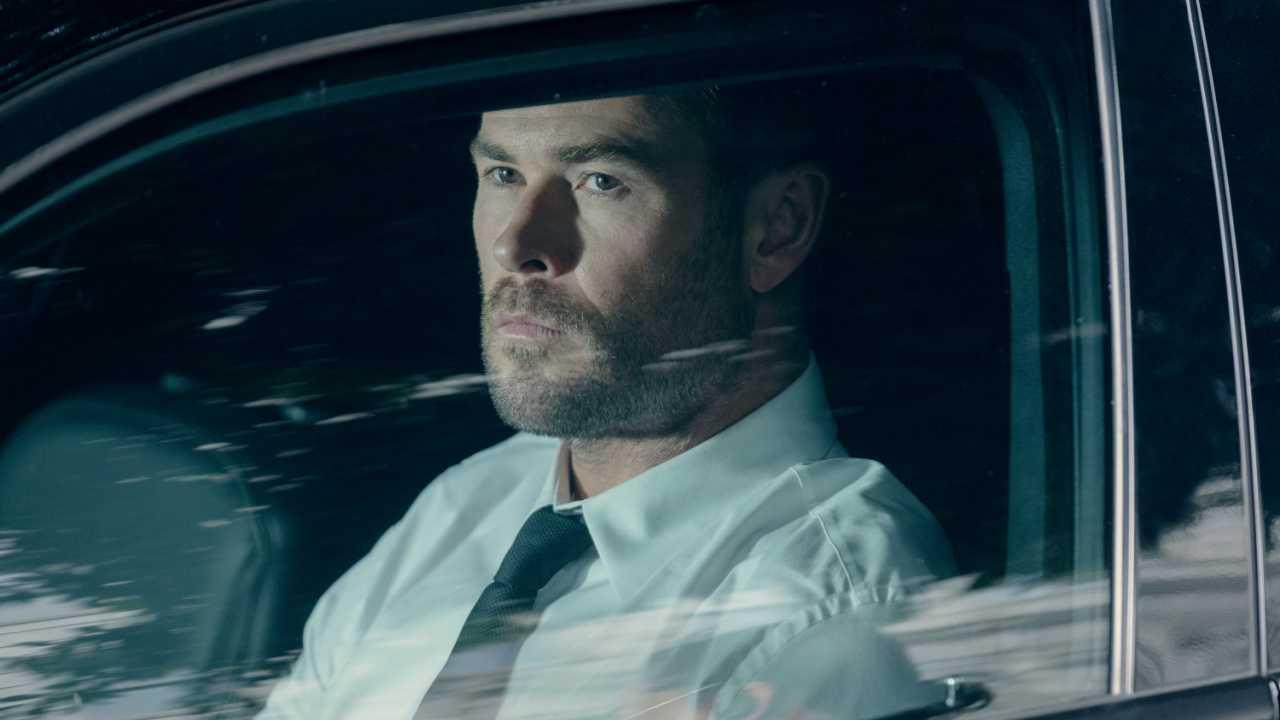
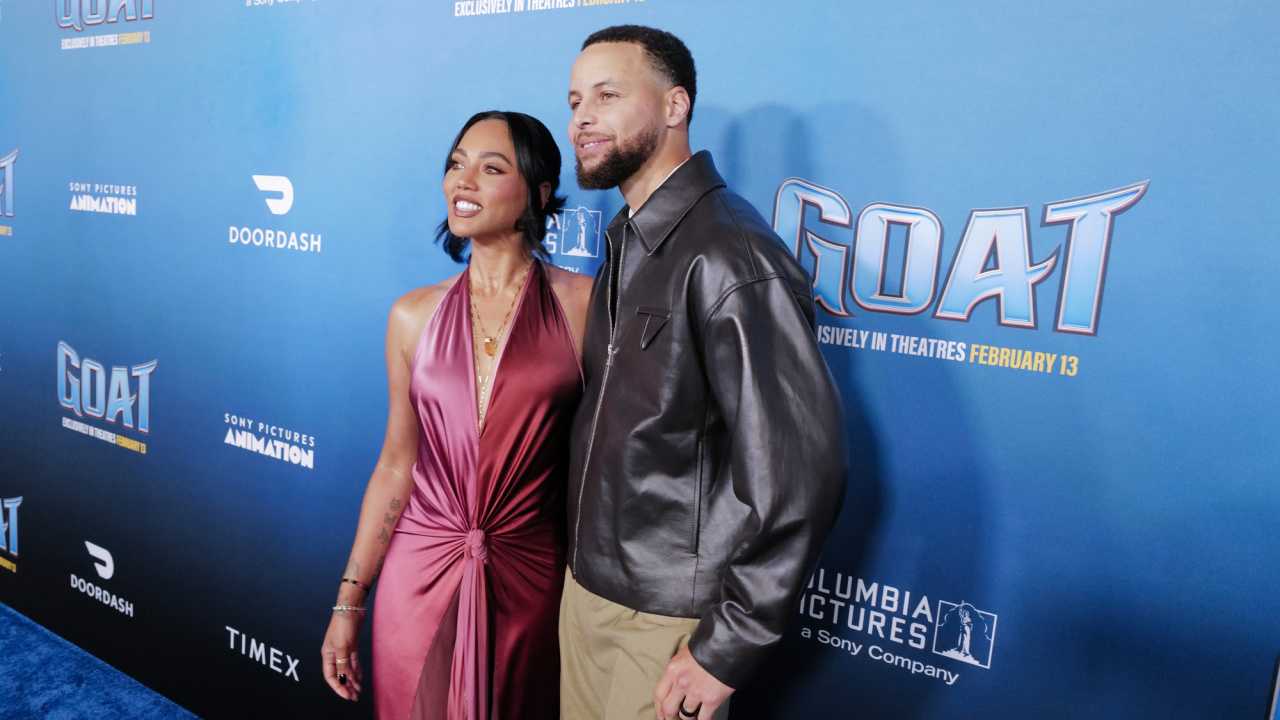
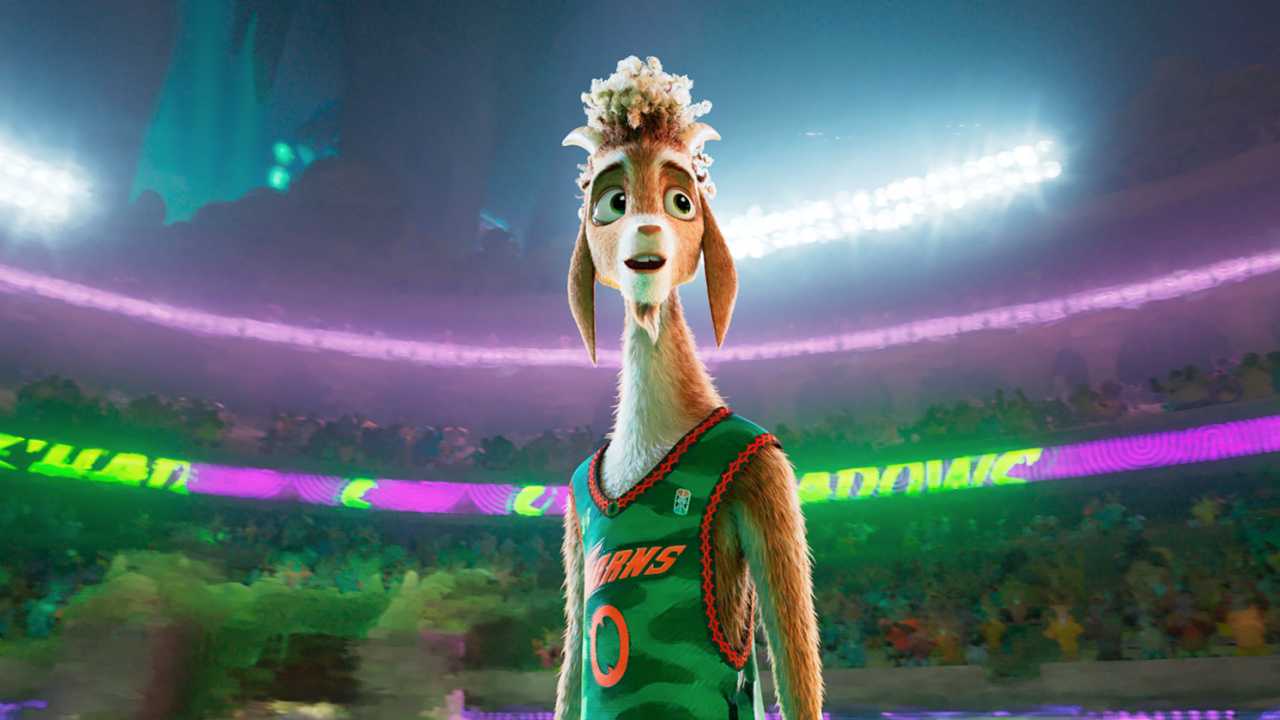
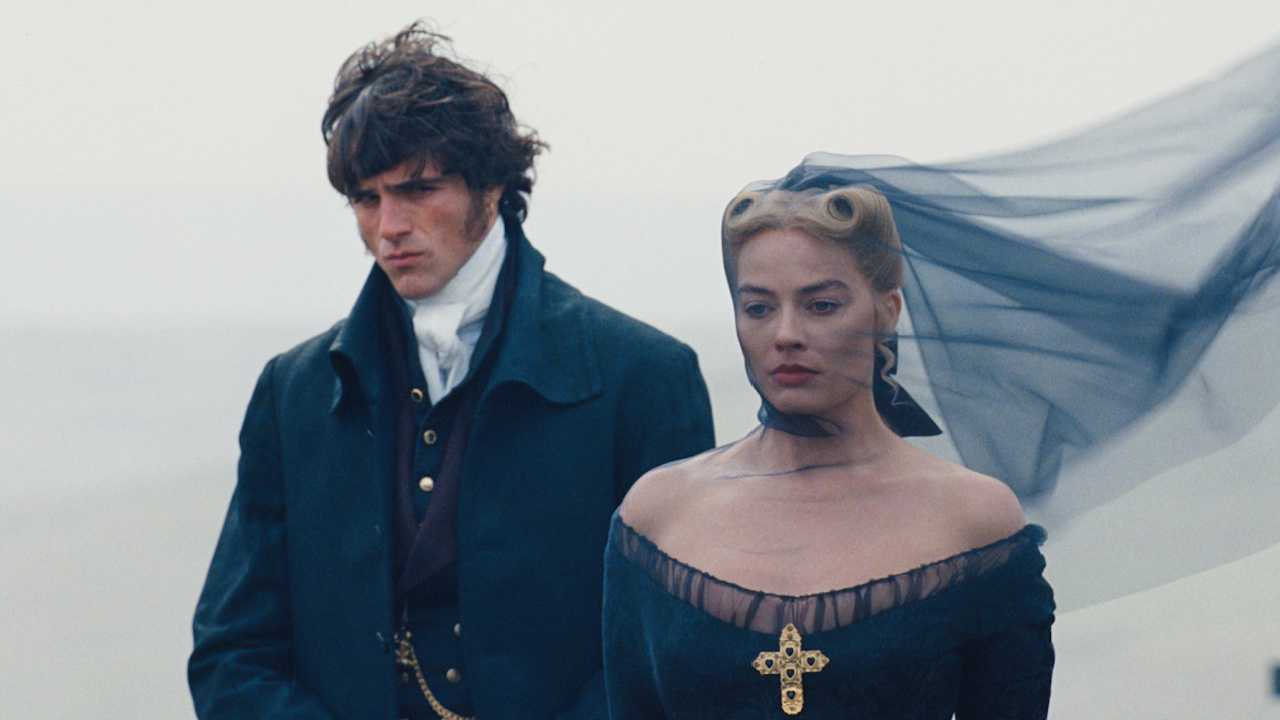

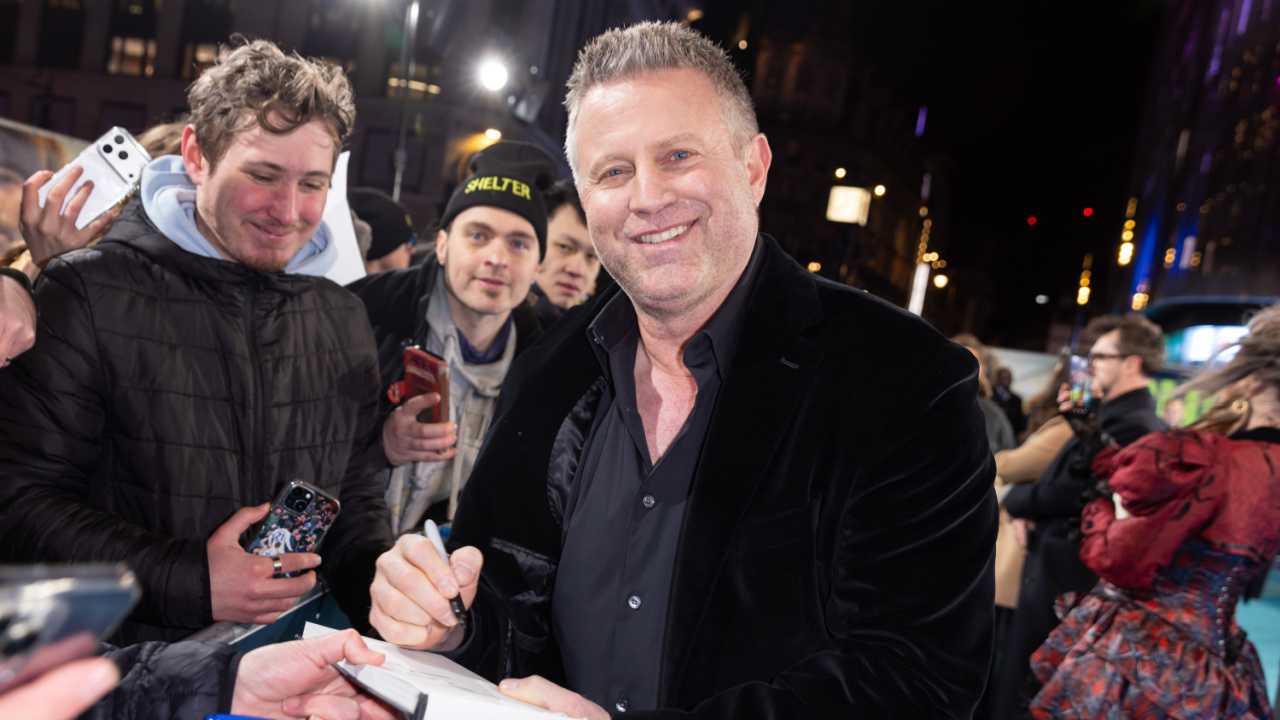

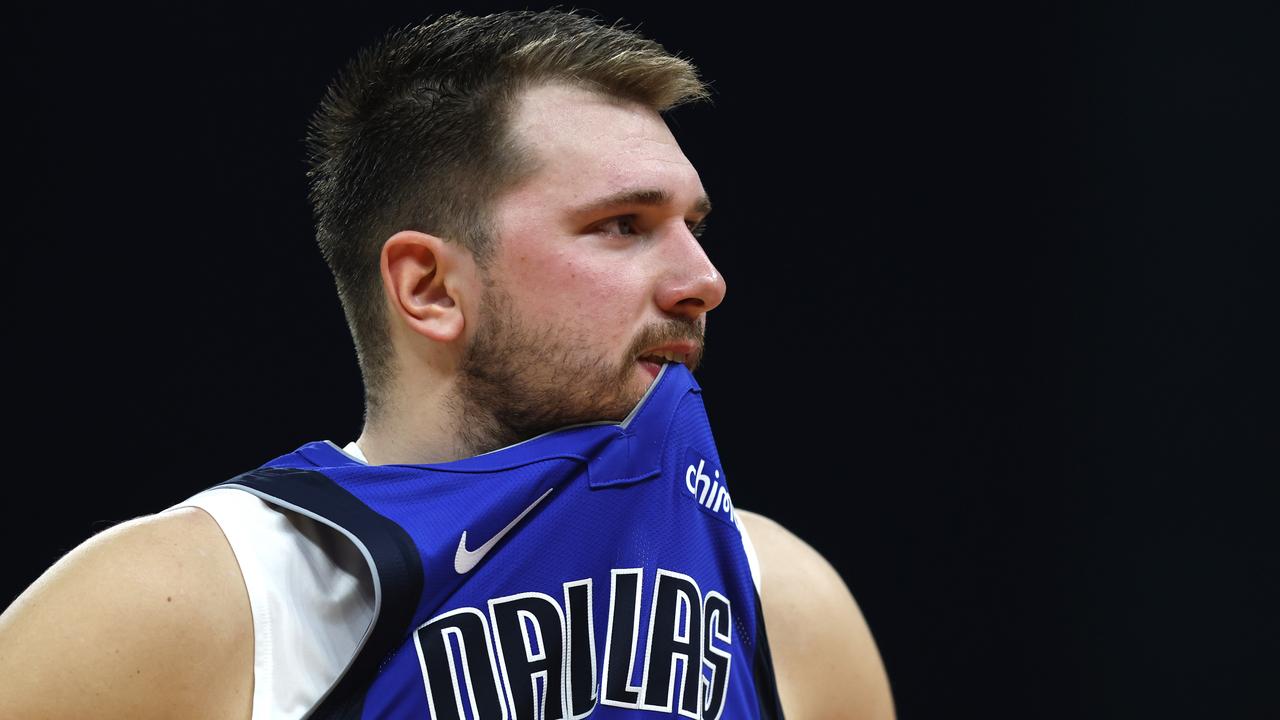
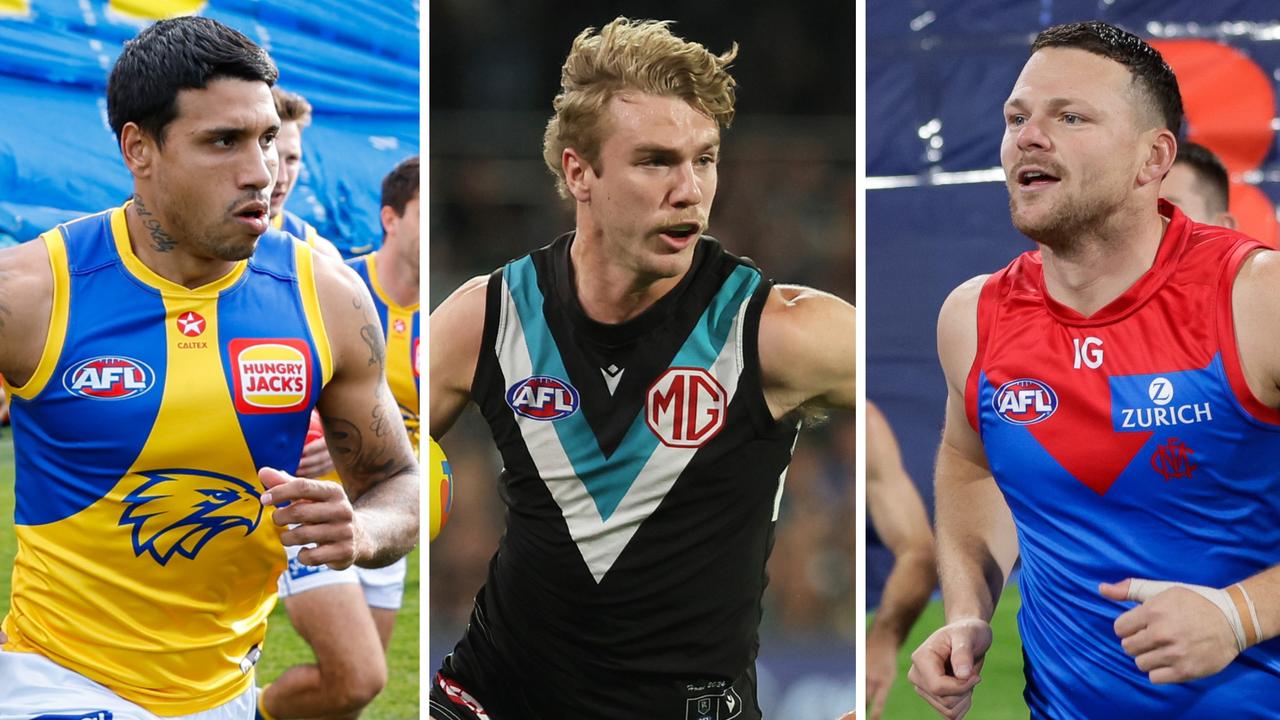



Discussion about this post